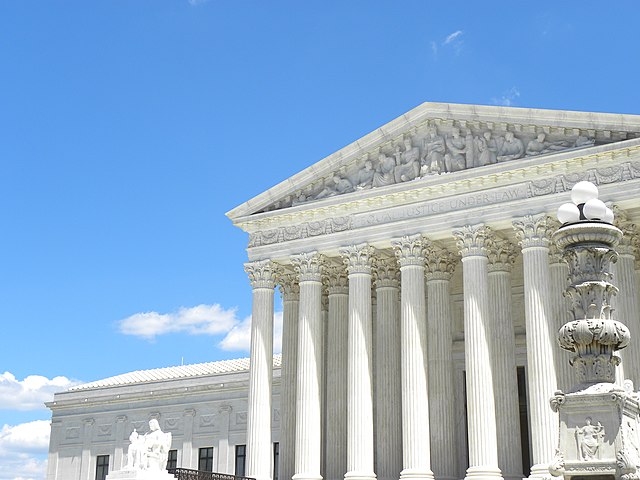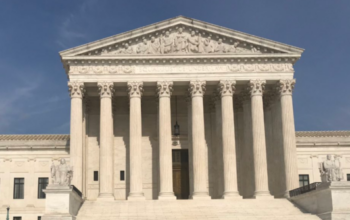In the heart of a deeply polarized America, reproductive rights are a flashpoint issue, and the Supreme Court’s recent decision not to block a Texas ban on abortion after about six weeks of pregnancy has sparked renewed debate. However, there’s another front in this battle that’s seen less media attention but is of no less importance: the availability of abortion pills. The American Civil Liberties Union (ACLU) is fighting in lower courts against FDA restrictions on these medications, trying to make them more accessible. The rulings are fragmented and evolving, making this an essential issue to watch.
The ACLU contends that the current regulations around abortion pills, which have been in place since the 2000s, are outdated and too restrictive. FDA guidelines mandate that the pills, mifepristone and misoprostol, be dispensed in person at a clinic or hospital.
The pandemic, though, has injected urgency into the need for reconsideration. With telemedicine rising in prominence, the argument for remote access to these important medications has never been stronger, and the ACLU has a potent case.
In one victory for the ACLU, a federal district court temporarily suspended the in-person dispensing requirement last July. It was a significant win, allowing healthcare providers to mail the abortion pill during the pandemic, but the decision does not extend past the public health crisis without further court intervention. Advocates are urging for permanent changes, declaring that the former restrictions are medically unnecessary and further impede the reproductive rights of women, especially those living in remote or underserved communities.
Still, the fight is far from over. The Department of Justice has appealed the July ruling, bringing the battle to higher courts. A firm decision would pave the way for greater access to abortion pills, potentially ushering in a new era for reproductive healthcare that is more connected to the digital age.
The outcome of these cases, and the broader implications for women’s health, will continue to stir heated discussions and highlight the ever-important role of the judiciary in shaping the American social landscape. As lower courts navigate the complexity of these issues, the saga of reproductive rights in the United States unfolds with new chapters — and potentially, more equitable legal access to abortion.

















